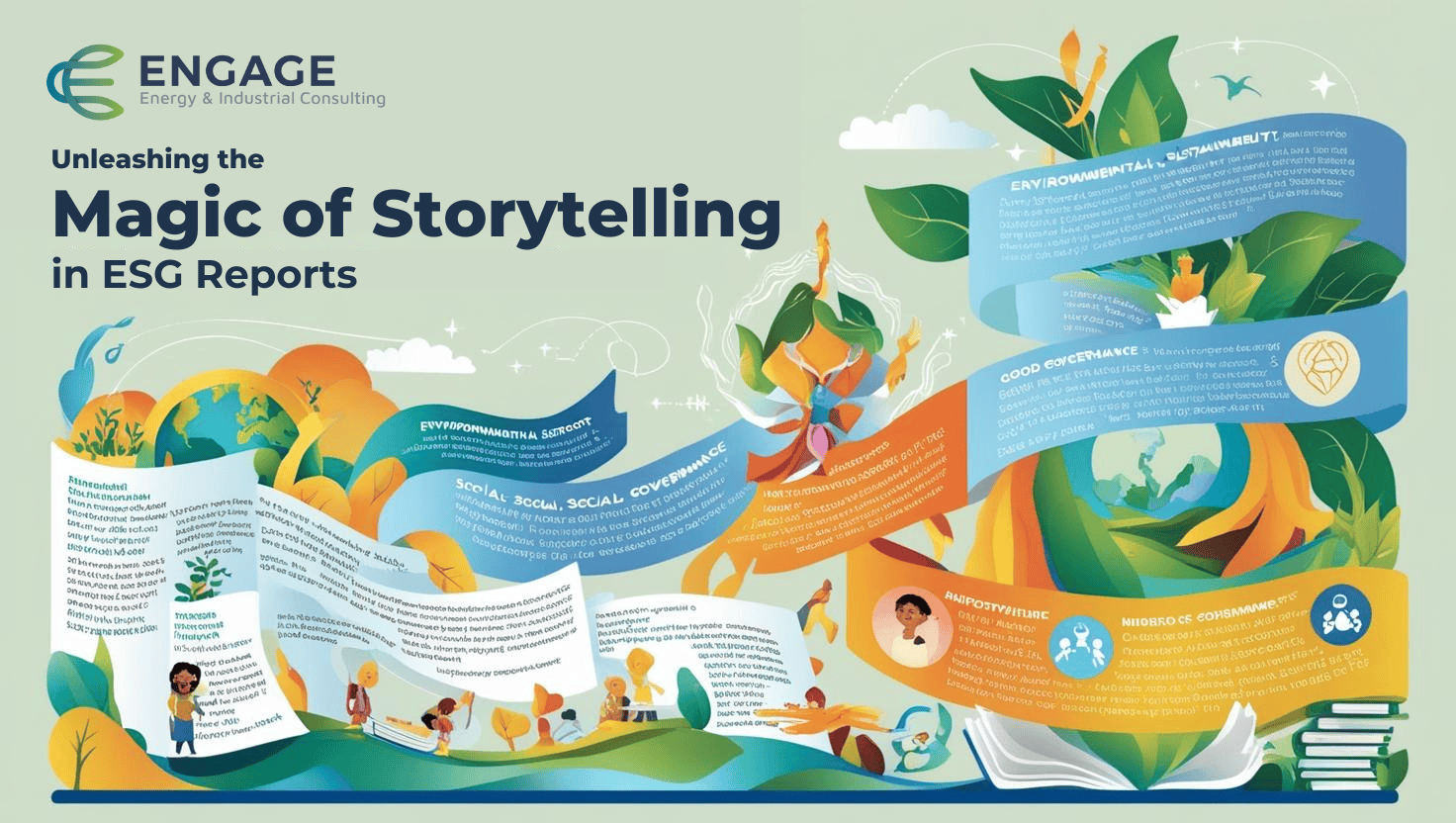Corporate Social Responsibility (CSR) is not just about feeling good by giving back to the communities you serve it’s about driving business performance while doing good at the same time. The question for executives is how to develop an approach to CSR that unlocks value for your stakeholders, which can be defined by how a business operates in its social, economic, and environmental context for the benefit of society.
Companies are using their influence to drive change in sustainable and moral business practices such as energy procurement and consumption, and they are holding suppliers responsible for environmental performance, workplace safety, and basic human rights. By proactively acknowledging these impacts on our world, we are recognizing that CSR directly affects business profitability and the long-term viability of your company.
For the consumer, a company’s approach to CSR often influences their buying decisions more than price, it also impacts how a consumer feels about your brand and their likelihood to do business with you.
CSR programs must become a critical component of corporate strategy and governance. Company leaders are now facing increasing pressure from political activists, social media, customers, employees, and their communities to choose a side and make investment decisions based on the issues held dear by these stakeholders.
There is a growing societal expectation of corporate leaders to take a stand or engage in outright activism regarding important social topics. In many instances, leaders are being compelled to provide public statements that clearly articulate their beliefs on subjects such as immigration, LGBTQ issues, community investment, and their plans to fight climate change.
In his 2018 letter to CEOs, titled “A Sense of Purpose,” BlackRock chairman and chief executive officer Larry Fink stated:
Your company’s strategy must articulate a path to achieve financial performance. To sustain that performance, however, you must also understand the societal impact of your business as well as the ways that broad, structural trends—from slow wage growth to rising automation to climate change—affect your potential for growth.
The companies in the S&P Environmental & Socially Responsible Index and those in the S&P 500 Carbon Efficient Select Index have outperformed the broader S&P 500 over the past one-year, three-year, and five-year periods as of August 2018.
Recent studies on the effects of CSR programs on a company’s performance indicate:
- Employee turnover went down by up to 50%.
- Productivity increased by up to 13%.
- Revenue went up and CSR companies enjoyed a pricing premium of up to 20% versus peers.
Deutsche Bank analyzed data from more than 50 separate CSR studies and found that companies that commit to high environmental, social, and governance standards enjoy lower costs of debt and outperform the broader market 90% of the time.
The question is how to move toward a comprehensive CSR program with strategies that focus on truly co-creating value for the business and society.
Many companies start with community outreach projects, employee-driven philanthropy such as a United Way campaign. These are important, but merely scratch the surface of what can be achieved when an organization looks inward at how their capital allocation decisions are made.
A comprehensive CSR strategy must be justified in its value-creation potential. And just as with any other strategic initiative, a business case and return on investment should be a key part of the decision-making process.
When embarking on a journey to integrate CSR into your business strategy, there should be no shortcuts. A company’s relationship with customers and the communities they serve are vital. Miscommunicating, or misaligning a stance on a social issue with your core customers can have significant repercussions on a company’s reputation and financial performance. CSR programs require taking a measured approach that offers leaders a way to identify and drive improved performance, engage customers and stakeholders, and contribute to their mutual benefit.
Business is undergoing massive disruptions and systemic changes that will challenge every industry to reevaluate its risk strategy and approach to CSR. By committing to moral, economic, social, and environmental principles—and communicating those principles to the marketplace through comprehensive CSR programs, companies can create the change we wish to see, become faithful stewards of our limited resources, and be a sustainable and profitable force for good.
Company leaders have a tremendous platform to influence investment decisions that not only address socio-economic issues but positively contribute to a company’s bottom line.
References:
Fink, L. (2018). A Sense of Purpose [Annual Letter]. Retrieved from https://www.blackrock.com/corporate/investor-relations/larry-fink-ceo-letter





